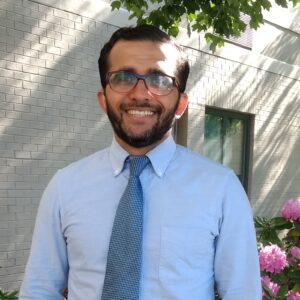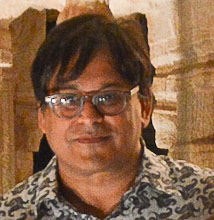ISF is a unique major on campus in that it requires students to engage in a major research project [Senior Thesis]. This enables them not only to engage in qualitative and/or quantitative research, but also to organize, synthesize, and communicate – in oral and written form – relevant data and results against the background of evolving theories and key concepts in the social sciences and/or humanities. As student research interests change in relation to larger patterns of social, cultural, and technological transformations, we carefully monitor existing methodological courses to allow for ongoing flexibility with regard to innovative key concepts and new theoretical tools.
1. Develop Strong Interdisciplinary Research Skills by creating an ‘course of study’ in the context of which students can explore new phenomena, problems, themes, and issues pertaining to larger social, cultural, technological, and historical transformations.
1.1 Develop research question against the background of at least three disciplinary fields.
1.2. Learn to develop a research proposal which integrates multi-lingual assets and/or multicultural capacities and/or field work experiences or internships
1.3. Gain excellent skills to access library services [search tools, search techniques, and library collections]
1.4. Develop structure of research thesis, argument, and bibliography
1.5. Gain historical and geographical knowledge of relevance to the research project
1.6 Link undergraduate research interests to post-graduation plans for graduate school and/or professional life.
2. Acquire Awareness of Methodological Approaches in the Social Sciences and/or Humanities in order to apply interdisciplinary methods and key concepts to the study and analysis of a particular social or cultural phenomenon under conditions of larger social and global transformations
2.1. Learn about the most important theoretical traditions of the transatlantic Social Sciences and/or Humanities
2.2. Study central concepts embedded in the dominant social science methodologies and or humanities methodologies
2.3 Explore new social theories emerging from the larger context of global and technological transformations.
2.4 Participate in the expansion of conceptual innovation and creativity through the exploratory formation of new concepts with the capacity to empirically grasp new social and technological phenomena.
3. Expand critical reading, thinking, analytical, and technological skills acquired in upperdivision courses through their application in the context of the research project
3.1. Explore extent, relevance, and limits of traditioned conceptual apparatuses to ongoing undergraduate research project.
3.2. Evaluate quality of arguments, ideas, and concepts in support of the thesis
3.3. Translate ideas and concepts into a variety of environments in relation to the thesis [comparative thesis]
3.4. Pursue field work abroad if applicable
3.5 Integration of technological innovations, networks, and the internet in the expansion of critical acquisition of knowledge in a global, informational, and networked world
4. Demonstrate organizational, argumentative, multi-lingual, and communicative skills through successful design, structuration, execution, and presentation [in oral and written form] of a major interdisciplinary research project [thesis].
4.1. Organization of research data, argument, and theoretical framework.
4.2. Integration of assets and capacities in the research project
4.3. Communicate research results on the basis of multi-media technologies
4.4 Preparation of thesis in print media
Yearly ISF Research Symposium, Archive of Student Research in Multi-Media Form, and Archive of Theses and Honors Theses will be integrated into ISF Facebook with Permission of Authors.





